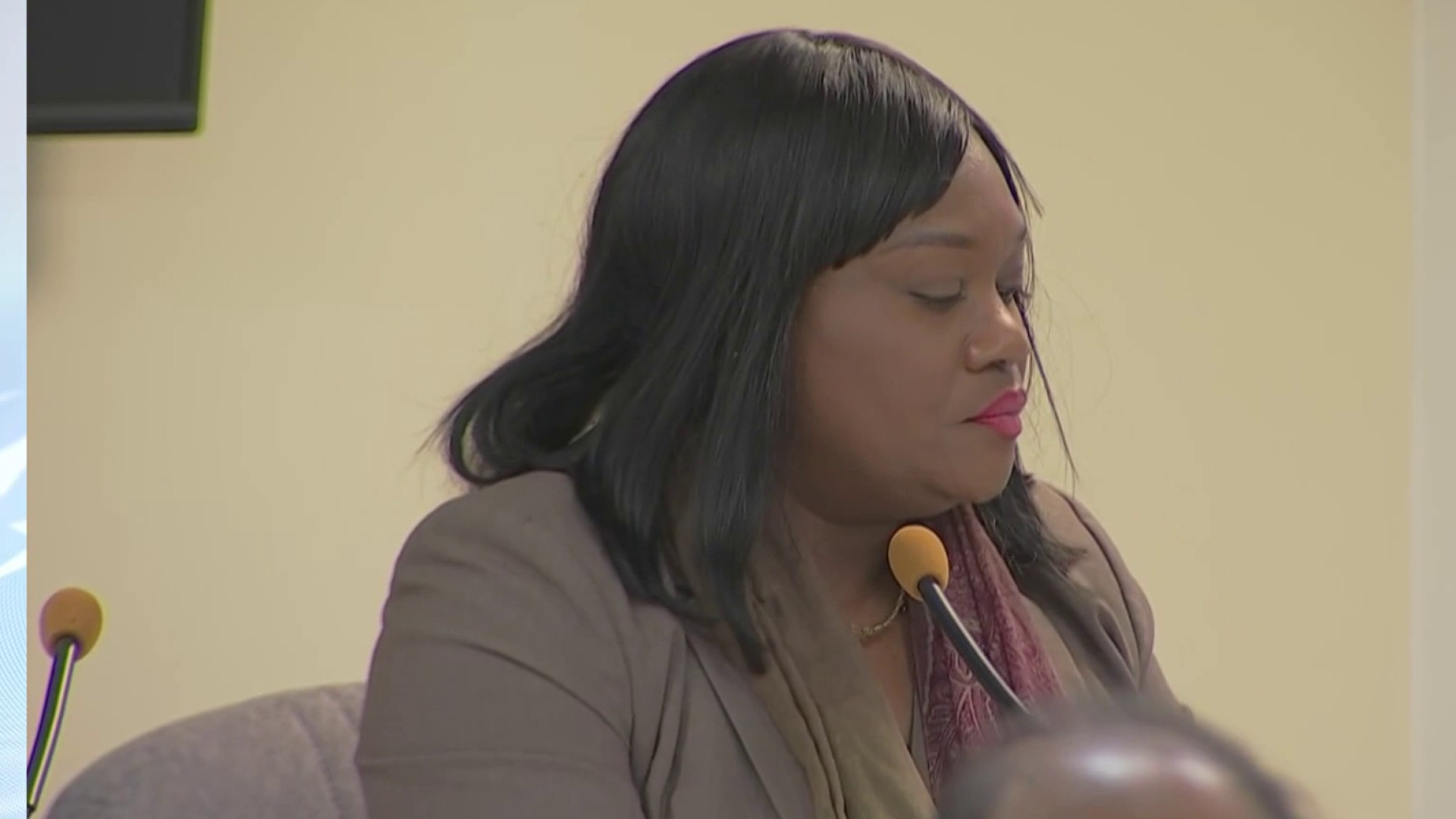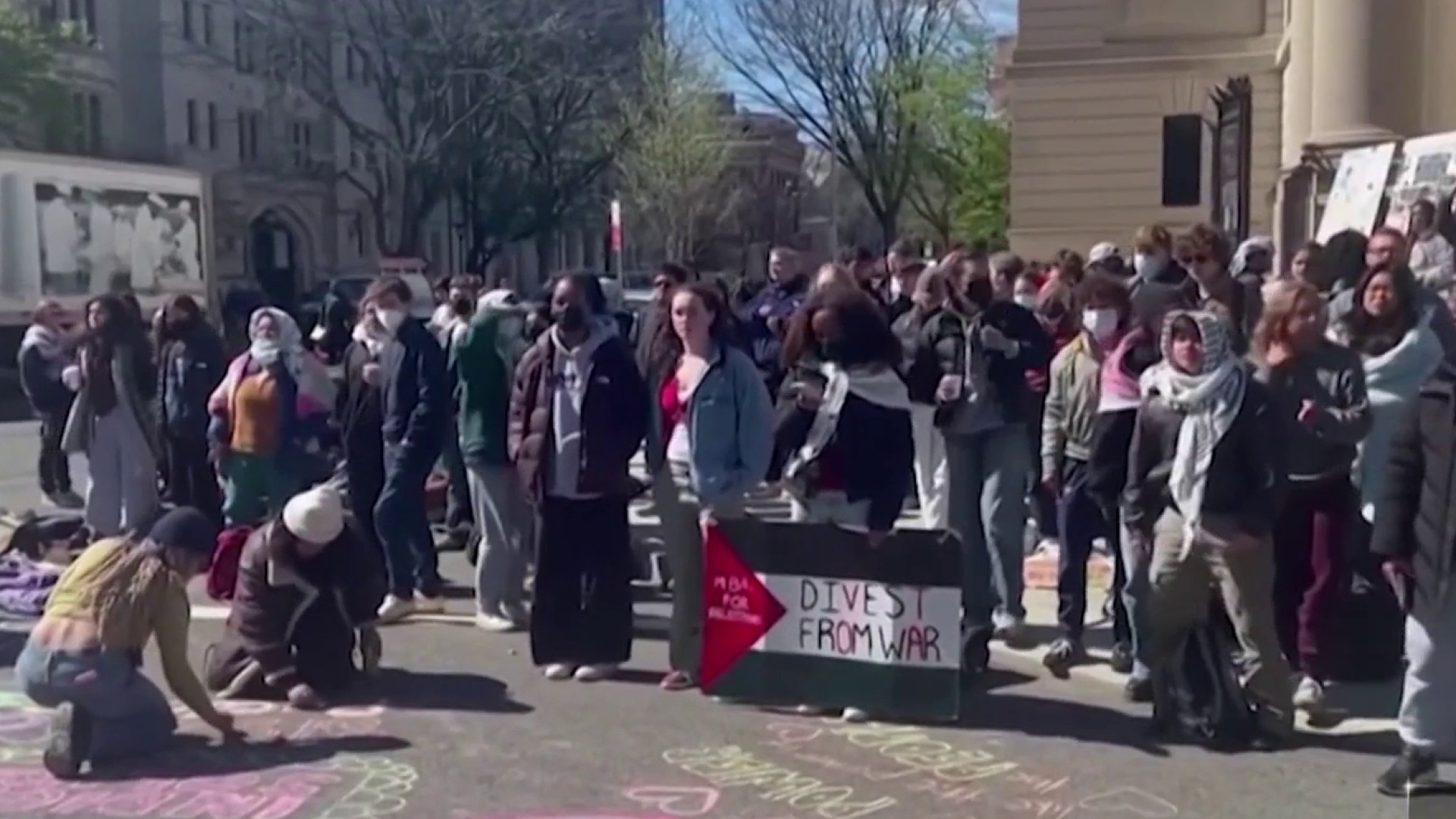When Philadelphia launches its bicycle sharing program around this time next year, dramatically increasing the number of cyclists on the road, expect to see an increase in cyclers who choose not to wear helmets, warn researchers in cities with similar programs.
Helmet use not common in bike-shares
Christopher Fischer, an emergency physician in Boston who's studied bike-share programs in that city and in Washington D.C., found that users "tended to ride without a helmet at a much higher rate than people who were riding their own bikes."
In a study he led, four in five riders of the shared bikes didn't wear a helmet, up from about half of cyclists who generally don't wear helmets. According to a 2010 study from the Bicycle Coalition of Greater Philadelphia, anywhere from 50 to 60 percent of cyclists in the city wear helmets.
Pennsylvania's department of transportation reported that of the 489 bicycle occupants involved in reportable motor vehicle crashes in Philadelphia County last year, 56 were wearing their helmet, 340 were not helmeted and 93 did not have helmet usage recorded.
Encouraging helmets a challenge
Public health advocates say helmets are important protections on the road, but Fischer's not surprised by the low usage in bike-shares, given that users tend to go for casual or spontaneous rides.
Local
Breaking news and the stories that matter to your neighborhood.
"It's not like you're walking around with a bicycle helmet under your arm all day," says Fischer.
Boston recently launched helmet vending machines, though it's too soon to say whether that will make a difference. In Philadelphia, wearing a helmet is optional for anyone ages 12 and up. A handful of places, including Melbourne, Australia, require bike helmets, but use of that city's bike sharing program has generally been low.
Fischer, meanwhile, says bicycle proponents have long struggled with how to successfully encourage helmet use without deterring people from biking.
"You don't want to talk about it, because talking about the dangers of biking could discourage biking," says Fischer. "It's a really touchy conversation to have sometimes."
A helmet may also not make a big difference in major, fatal bike-vehicle crashes.
"There is some debate in the literature as to the efficacy of helmets," says Susan Dannenberg, an education coordinator at the Bicycle Coalition of Greater Philadelphia.
Other factors increase bike safety
Dannenberg says while helmets are important, car speed is another big factor for bike safety.
"If you have a crash at 20 miles an hour, the chances of you dying are like five percent. If it goes up to 30 miles an hour, the chances increase to 40 percent," says Dannenberg. "In most of the city of Philadelphia, the speed limit is 25, and if people are going the speed limit, then chances of having a serious accident are much reduced."
Aaron Ritz, project lead on Philadelphia's bike share program, says while the city is considering ways to promote helmets, he thinks overall bicycling will actually get safer with the onset of a bike share program. More cyclists on the road, he says, makes the road safer for cycling.
"We expect the downward trend or at least a flat-lining trend in total crashes as we put more cyclists on the streets," says Ritz.
The number of bicyclists in Philadelphia has gone up in recent years, but reported crashes has dropped.
Though a bike-share vendor hasn't been selected yet, Ritz says the bicycles in the shared program will be sturdy and not built for speed. If there were a crash or problem with the bike, the operator of the program, as opposed to the city, would likely be liable.
This story was reported through a news coverage partnership between NBC10.com and NewsWorks.org



